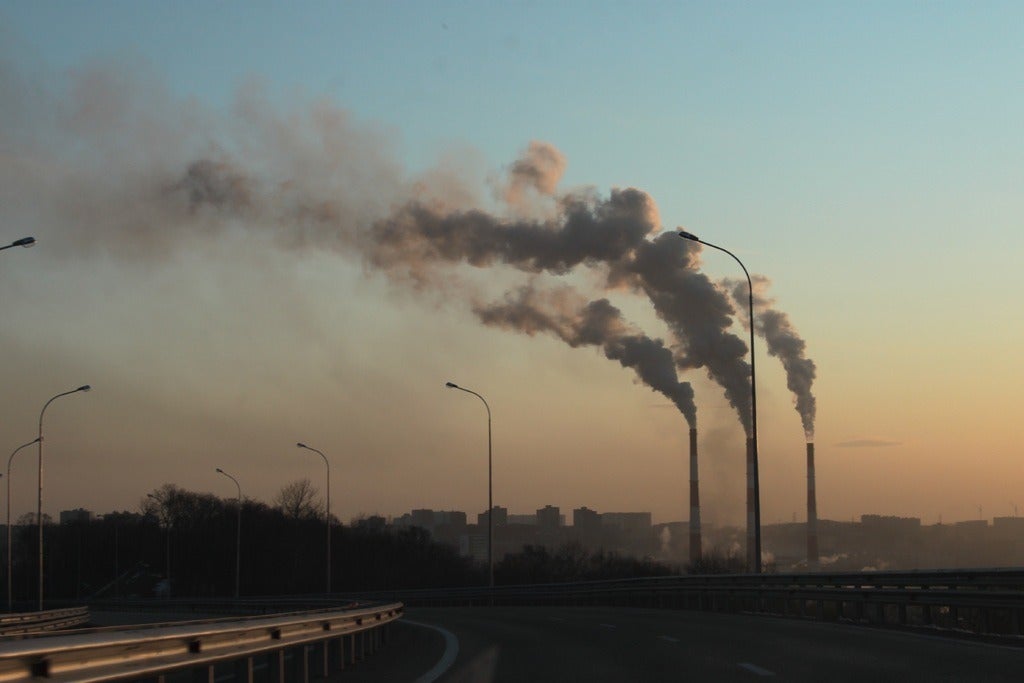
A new report suggests between 10% and 30% of $372bn spent on fossil fuel subsidies around the world could be enough to cover its transition to clean energy.
Conducted by the International Institute for Sustainable Development (IISD), the study bases its findings on the examples of India, Indonesia, Zambia and Morocco, where concrete action to reform fossil fuel spending and implement more renewables has already been taken.
“Often fossil fuel subsidies are inefficient, costly to governments and undermine clean alternatives,” said Richard Bridle, IISD senior policy advisor.
“All countries should be looking to identify where swaps [from fossil fuel subsidies to renewable energy spending] can kickstart their clean energy transitions.
“Public money is far better spent delivering the clean energy transition than propping up the fossil fuel industry.”
The clean energy transition away from fossil fuel
In India, petroleum subsidies have been cut by roughly 75% over the past five years, which has allowed for greater funding for wind and solar power development.
However, the country, along with China, led the G20 in coal power spending, with the former’s banking system dominated by a variety of public institutions which combined provide more than $10bn (£7.9bn) per year in public finance for coal mining and power domestically.

The IISD claims country-specific political obstacles prevent broad policy reform, making sharing examples of how other nations have solved the issue is key to improving global progress towards a 100% reliance on renewable power.
Bridle explained: “The good news is that fossil fuel to clean energy subsidy swaps are already taking place.
“As renewables have become cheaper, the same money can now fund more renewable-powered generation.
“Currently, there are far more subsidies directed toward fossil fuels than toward supporting renewable energy — roughly $100bn.”
In the private sector, spending on fossil fuels also remains high, despite public commitments from major energy firms since the Paris Agreement in 2015 declaring support for curbing climate change.
A March study by InfluenceMap shows ExxonMobil, Shell, BP, Total and Chevron — five of the world’s biggest oil and gas conglomerates — plan to pour a combined $110bn into the area over the course of 2019, while spending just $3.6bn on low-carbon ventures.
“The reform of subsidies alone is not enough to meet global emissions targets, but it is a good first step,” said Bridle.
“Ultimately, the cost of each energy source should reflect its social and environmental impacts.
“That means increasing taxes on dirty energy and redirecting subsidies to align with government priorities.”






